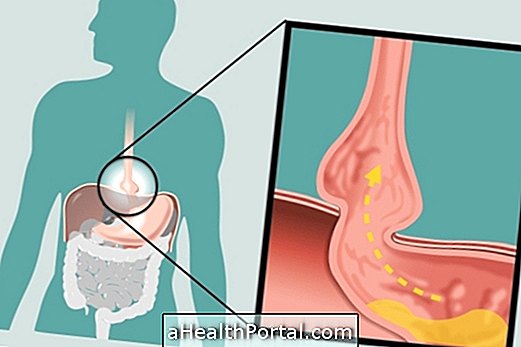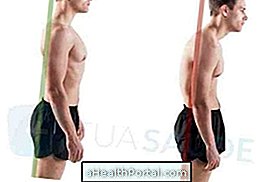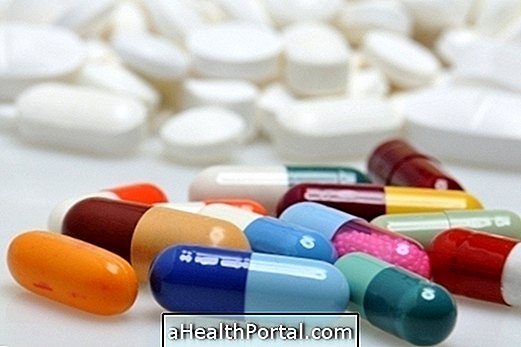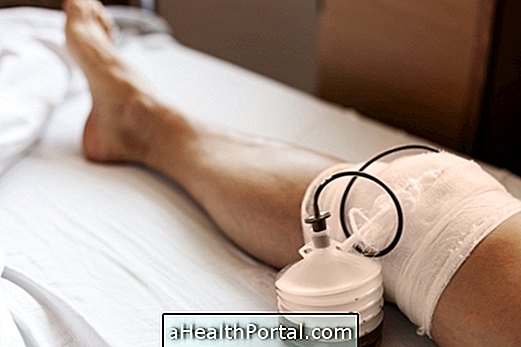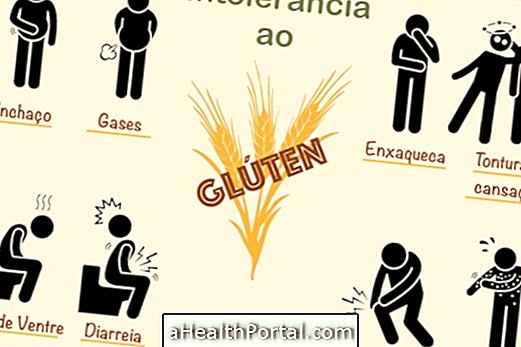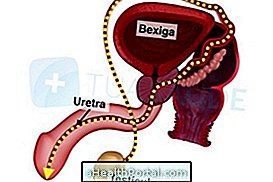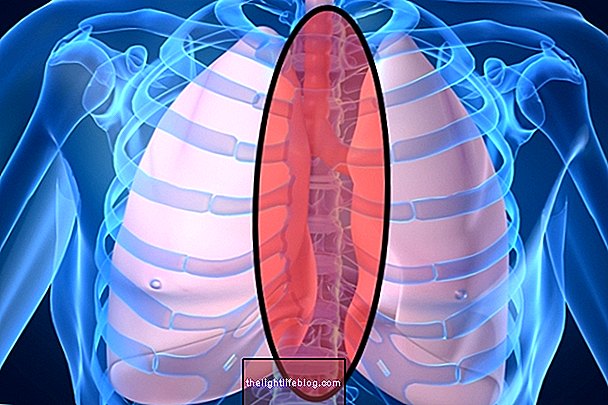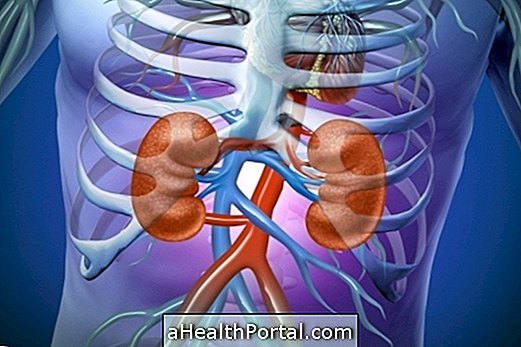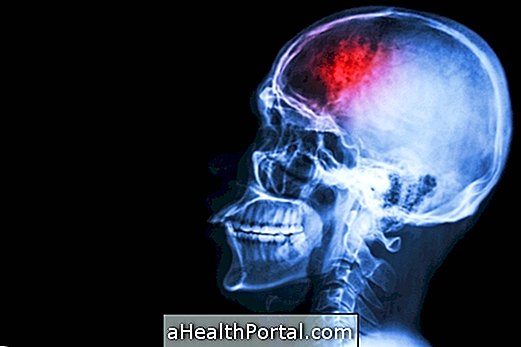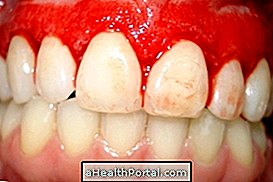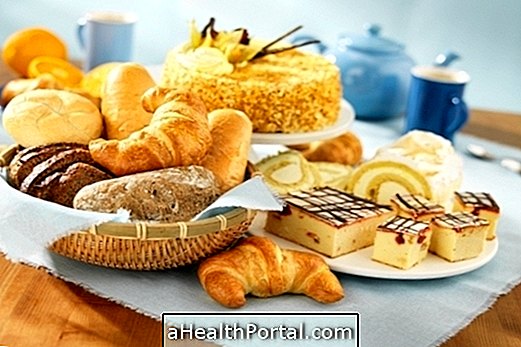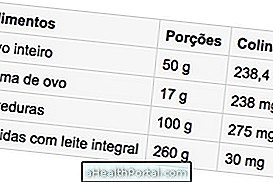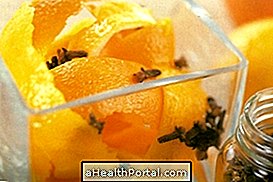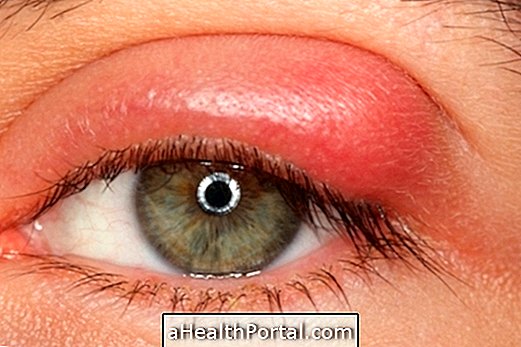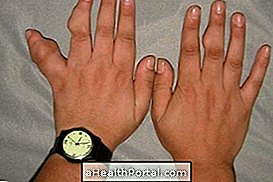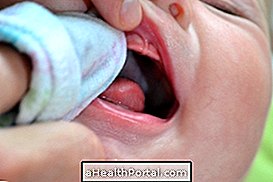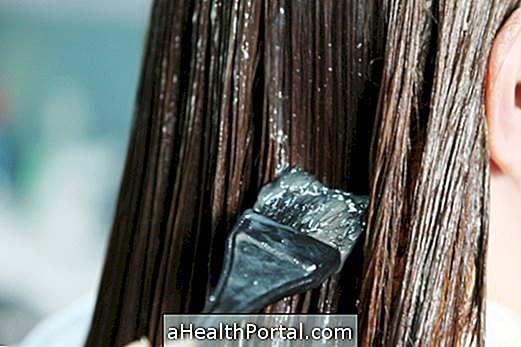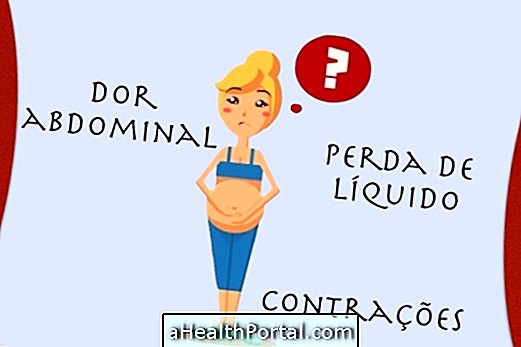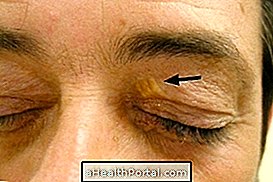Food congestion is the malaise in the body that appears when you practice some effort or physical activity after having a meal. This problem is best known when, for example, a person eats lunch and then goes to the swimming pool or to the sea, because the effort of swimming impairs digestion and causes the malaise of congestion, but it can also occur when practicing intense exercises, such as running or working out.
Understand better how congestion occurs:
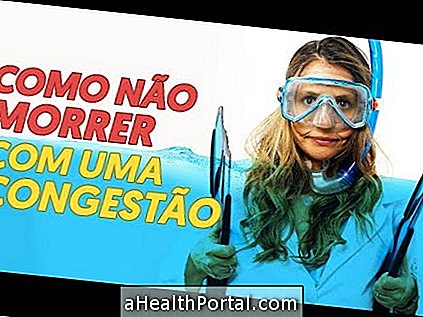
1. Exercising after eating causes congestion
Truth. Especially if the exercise comes after a large meal, such as lunch or dinner, because physical activity causes most of the blood flow to the muscles instead of remaining in the intestine, making the digestion very slow.
In addition, as most blood gets directed to the muscles or intestines, the brain ends up being harmed, and then the malaise develops with symptoms of weakness, dizziness, pallor, and vomiting.
2. Taking cold water after a hot meal causes congestion
Myth. Cold water is not the cause of the congestion, but the physical effort after the meal. In addition, in a normal bath, the effort to be made is too small, not enough to cause discomfort. The same goes for pool baths where the individual is only quiet in the water, without swimming and without playing in the case of children.
3. Light walking helps in digestion
Truth. Going out for a short walk of 10 to 20 minutes, in slow steps, helps to improve digestion because it activates the metabolism and reduces the feeling of abdominal bloating.
4. Food congestion can kill.
Myth. Food congestion causes only major malaise, and in rare cases fainting may also occur. Deaths linked to food congestion usually happen in water, but they occur by drowning, not by the digestive problem. When feeling bad, the individual becomes weak and dizzy, even fainting, which can lead to death if it happens inside the water. However, on dry land, the malaise would pass soon after a few minutes of rest, without risk of death.

5. The exercise should only be practiced after 2 hours of the meal.
Truth. After a large meal, such as lunch, one should only practice physical activity after at least 2 hours, which is the time taken to complete the digestion. If you can not wait 2 hours before exercising, light meals with salads, fruits, white meats and white cheeses, especially fats and fried foods, are ideal.
6. Any effort can cause food congestion
Myth. Only high-intensity exercises, such as swimming, running, playing football, or working out, often cause strong indigestion with symptoms of malaise, nausea, and vomiting. Mild exercises such as short walks or stretches do not cause discomfort because they do not require a lot of muscle effort and allow the bowel to finish digestion normally.
7. Poor digestion history increases the risk of congestion.
Truth. People who usually already feel some symptom of poor digestion such as heartburn, excess gas and a full stomach feel have a greater chance of having congestion because of course their gut already work at a slower pace. The same holds true for cases of intestinal problems such as Crhon's disease, gastritis and irritable bowel syndrome. Look at symptoms that indicate poor digestion.
What to do to stop congestion
The treatment of food congestion is done only with rest and ingestion of small amounts of water to hydrate. Thus, it is necessary to stop the physical effort immediately, sit or lie down and wait for the malaise to pass. The rest causes blood to flow back into the intestine, and digestion resumes again, causing the symptoms to pass within 1 hour.
In cases of severe malaise, frequent vomiting, changes in blood pressure and fainting, it is best to take the person to the emergency room for medical attention.

